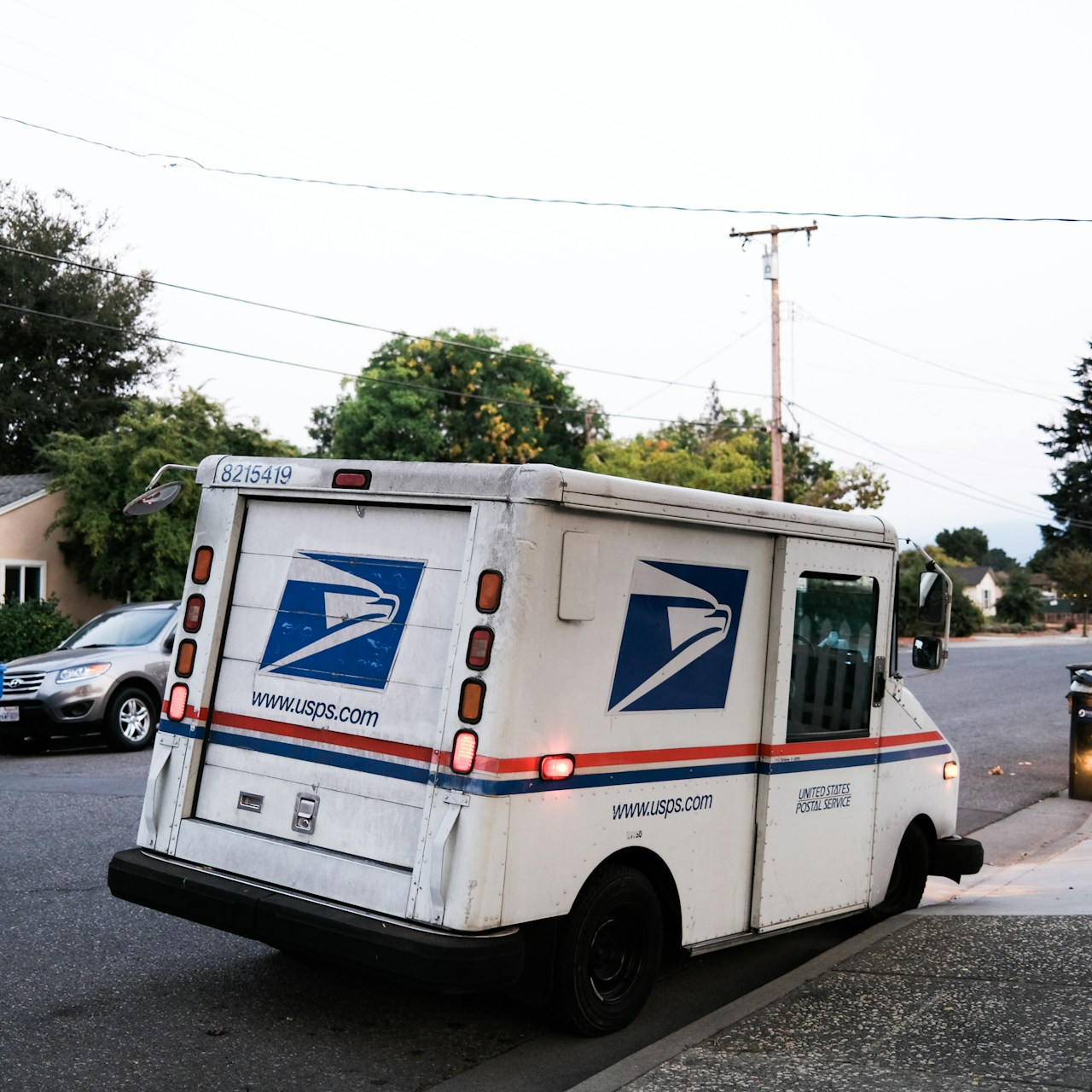Key Takeaways
- In 2024, USPS employees and retirees will experience critical changes to their health benefits, with the new Postal Service Health Benefits (PSHB) program launching in 2025.
- Medicare integration for most postal retirees is becoming mandatory, reshaping retirement healthcare planning.
Postal Employee Benefits: What’s New in 2024 and How It Could Affect Your Retirement
As we are well into 2024, USPS employees and retirees must prepare for the significant changes coming to their benefits packages. This year marks the lead-up to the implementation of the new Postal Service Health Benefits (PSHB) program, set to replace the Federal Employees Health Benefits (FEHB) program by January 2025. USPS workers need to be aware of how these changes, along with Medicare requirements, will impact their healthcare and retirement plans.
Understanding the PSHB Program
The Postal Service Health Benefits (PSHB) program is the key change in USPS health benefits, officially launching in January 2025. This program was created as part of the Postal Service Reform Act of 2022 to help USPS better manage retiree healthcare liabilities. With PSHB, USPS employees and retirees will no longer share health plans with other federal workers. Instead, they will be part of a system specifically designed to meet their unique needs.
While many PSHB plans will resemble FEHB offerings, the separation of USPS from the larger federal pool is expected to better control costs while maintaining comprehensive health coverage. The transition from FEHB to PSHB will occur during the Open Season from November 11 to December 9, 2024.
2024 Health Insurance Changes
Rising Health Insurance Premiums
In 2024, USPS employees under the FEHB program have likely noticed increases in their health insurance premiums. Rising healthcare costs nationwide have driven these increases, making it essential for employees to budget for higher payroll deductions. However, once PSHB is implemented in 2025, postal workers may see more favorable premium rates specific to their new program.
How PSHB Differs from FEHB
One major difference is that PSHB plans will be designed with USPS-specific risks and needs in mind, potentially leading to more tailored coverage. This could mean a more cost-efficient system for employees and retirees alike, especially those who qualify for Medicare integration starting in 2025.
Mandatory Medicare Enrollment for Retirees
Starting in 2025, Medicare Part B enrollment will become mandatory for most postal retirees who wish to maintain their PSHB coverage. This represents a major shift from the previous FEHB system, where Medicare Part B enrollment was optional. Part B covers outpatient services, physician visits, and preventive care, and will be integrated with PSHB to reduce overall out-of-pocket costs for retirees.
Special Enrollment Period (SEP)
To help retirees adjust to this change, there will be a Special Enrollment Period (SEP) from April 1 to September 30, 2024. This SEP will allow postal retirees who had previously opted out of Medicare Part B to enroll without facing late penalties. Retirees who enroll in Medicare Part B during this period will benefit from reduced costs for services like doctor visits and durable medical equipment, as PSHB will help cover any gaps left by Medicare.
Retirement Savings: Changes to the Thrift Savings Plan (TSP) in 2024
In addition to changes in healthcare, USPS employees will also experience updates to their Thrift Savings Plan (TSP) in 2024. Contribution limits for TSP accounts have increased, allowing employees to set aside more pre-tax or Roth income toward their retirement. Those aged 50 and older can benefit from higher catch-up contribution limits, giving them an extra opportunity to build their retirement savings as they near the end of their careers.
TSP Withdrawal Options
New withdrawal flexibility in 2024 allows postal retirees to better manage how they take distributions from their TSP. These options include periodic or lump-sum withdrawals, providing more control over retirement income. Employees should review these new options to ensure they align with their financial needs during retirement.
Cost-of-Living Adjustments (COLA) for 2024
In 2024, postal retirees will benefit from a Cost-of-Living Adjustment (COLA), which helps ensure their pensions keep pace with inflation. While the exact percentage varies based on inflation rates, this annual adjustment is a critical aspect of maintaining purchasing power during retirement. Retirees should consider how COLA will impact their overall retirement budget and income needs.
Preparing for Changes in 2024
1. Evaluate Healthcare Plans During Open Season
The 2024 Open Season is a crucial period for USPS employees and retirees. This is the time to review the new PSHB plans and compare them with existing FEHB options. Employees should ensure that their healthcare coverage aligns with their medical needs and budget, while retirees should evaluate how Medicare Part B enrollment will benefit them moving forward.
2. Plan for Medicare Enrollment
For those nearing Medicare eligibility, understanding the full impact of enrolling in Medicare Part B is essential. The SEP in 2024 offers a penalty-free opportunity for retirees to enroll, which will help reduce future healthcare costs. It’s vital for retirees to be aware of this timeline to avoid higher premiums due to late enrollment penalties.
3. Increase TSP Contributions
For active USPS employees, increasing TSP contributions in 2024 is a smart move. With higher contribution limits in place, maximizing retirement savings now can significantly boost financial security later. Those nearing retirement should also explore the more flexible withdrawal options to better manage their post-retirement income.
4. Monitor Cost-of-Living Adjustments (COLA)
Retirees should stay informed about their COLA increase for 2024 to better understand how it will impact their monthly pension income. This adjustment helps counterbalance rising living costs, ensuring retirees can maintain their standard of living throughout retirement.
Navigating Your USPS Benefits and Retirement in 2024
2024 is a pivotal year for USPS employees and retirees as they prepare for the transition to the PSHB program and the mandatory integration of Medicare for most retirees. Staying informed about these changes and taking proactive steps—such as reviewing healthcare options, enrolling in Medicare Part B, and maximizing retirement savings—will help ensure a smooth transition and better financial security during retirement.













